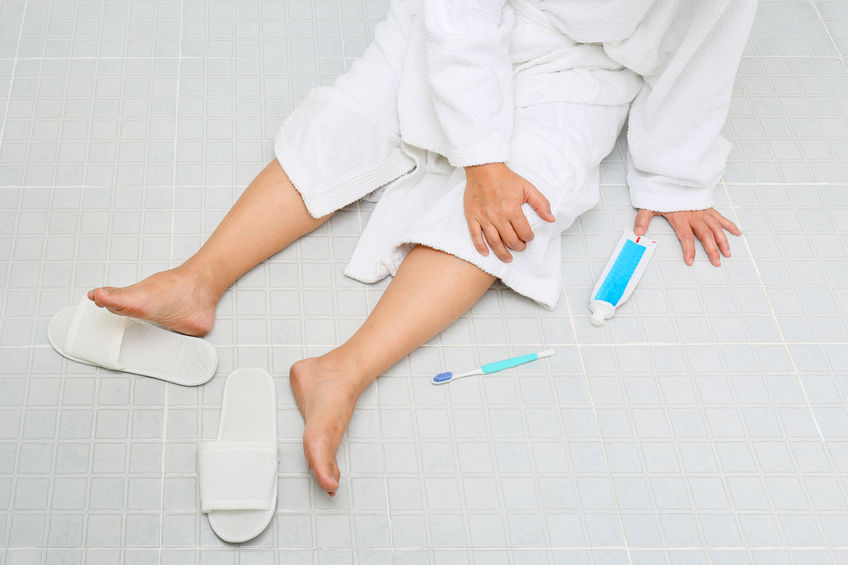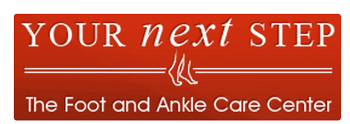
Simple things like slipping on a wet floor or tripping on a rug can be life-changing. Thousands of older women and men break bones from falling each year. For seniors, a break can be the beginning of more serious problems, injuries, hospitalization, or even disability. Because September is Falls Prevention Month, in today’s post, Dr. Eric Ricefield, Dr. Mark Yagodich, and Dr. Aliza V. Eisen of greater Philadelphia’s Your Next Step Foot and Ankle Care Center are sharing their 7 top tips for preventing falls.
If you maintain your overall health, you may be able to decrease the probability of falling. Most falls don’t “just happen,” so here are 7 tips to help you avoid falls and broken bones.
- Remain active. Put together an exercise program that suits your activity level. Regular exercise develops muscles and makes you stronger. It can also keep your tendons, ligaments, and joints flexible. Milder weight-bearing activities, such as climbing stairs or walking, can help slow down bone loss caused by osteoporosis.
- Have your hearing and eyesight tested. Even minor changes in hearing and sight can cause you to fall. When you get new eyewear, take enough time to get used to them and wear them when needed. When wearing a hearing aid, ensure that it fits properly and wear it daily.
- Research the side effects of any medications you take. Tell your pharmacist or doctor if a drug makes you dizzy or sleepy.
- Get sufficient sleep. If you’re sleepy, you are more likely to fall. Limit the amount of alcohol you consume. Even a small amount can affect your reflexes and balance. Studies show that hip fractures in older adults are more common with alcohol use.
- Get up slowly. Standing up too quickly can cause a drop in blood pressure, making you feel unsteady. Have your blood pressure checked when standing and lying.
- Use an assistive device when walking, if needed. Proper use of walkers and canes can help avert falls. If you use one, ensure it is the correct size for you and that the wheels roll easily.
- Be careful when walking on icy or wet surfaces. Try to spread salt or sand on icy areas by your entry doors. Wear rubber-soled, low-heeled shoes and non-skid shoes that support your feet.
Remember that a fall can signal a new medical problem that can be corrected. An unexpected fall can be upsetting and startling whether you are at home or away. If you do fall, the main thing is to remain calm. Take deep breaths to help you relax and stay down for a few moments. It will help you get over the shock of falling.
The team at Greater Philadelphia’s Your Next Step Foot and Ankle Care Center can help you keep your feet healthy and reduce your risk of falling. Click here to locate the office nearest you and schedule an appointment today
